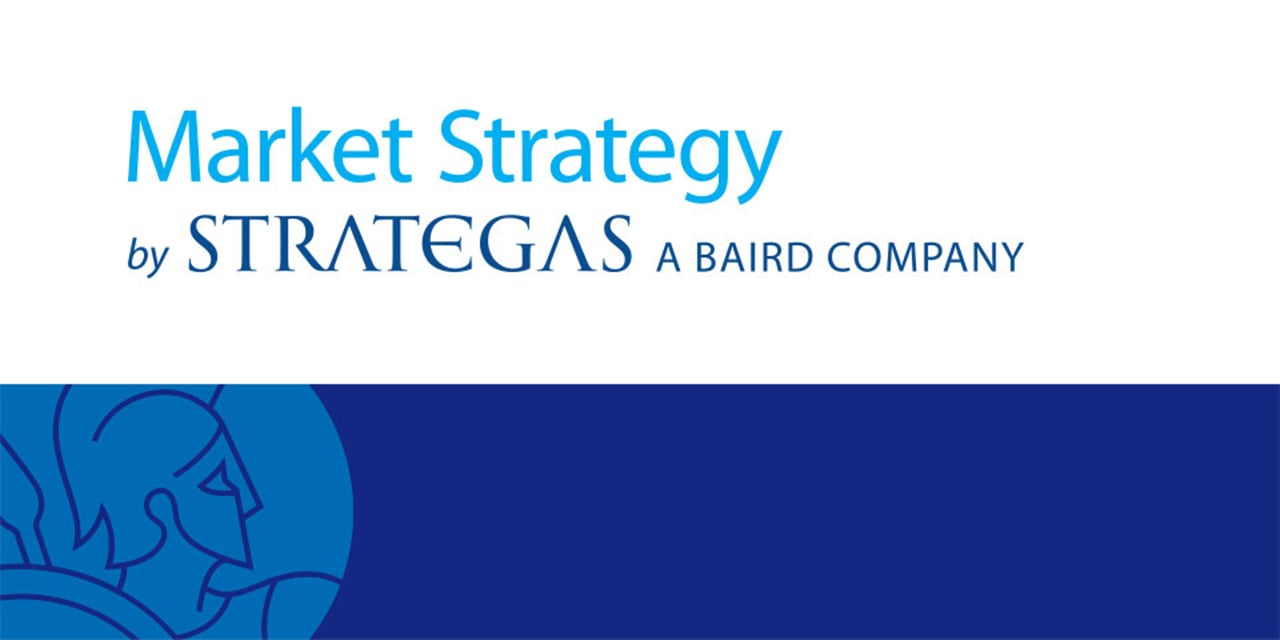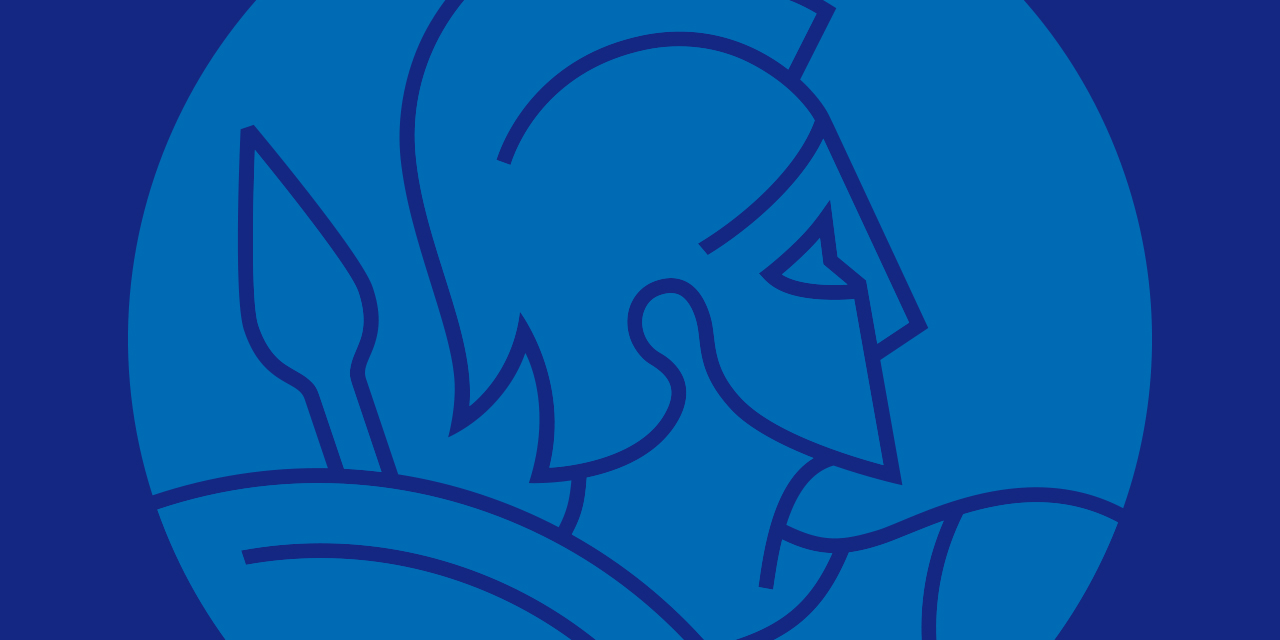
Market Mailbag: Looking Forward, Looking Back
What was the biggest surprise for you in the first half of 2021?
Answered by Mike Antonelli, PWM Market Strategist
First, let’s look at how various indices performed in the first half of 2021:
- DJIA: +13.5%
- S&P 500: +15.25%
- Russell 2000: +17.5%
That’s an absolutely incredible start to the year. In fact, by early July the S&P 500 was up 100% from the March 2020 low.
So what surprised me the most about that? I think it must be just how fast expectations about the future changed in the wake of a once-in-a-century event.
When the pandemic hit, we were worried the economy would plunge into a deep recession and the stock market would crater for years. Whether you agree with it or not, stimulus payments (in the form of cash) and extraordinary unemployment benefits kept us out of that abyss.
But while we debated policy response, the market had already adjusted its view of the future. Economists and strategists were saying, “This has the potential to last a long time, and the damage looks severe.” Meanwhile, the market was thinking about an economic boom, and when it’s all said and done, 2021 GDP may end up at 7-8%.
This is a good reminder that it’s impossible for anyone to predict what the market will do. The stock market is a complex system that instantly adapts to new information while we’re still sorting through the headlines.
I was surprised by the speed at which markets moved on from the pandemic and started thinking about a brighter future. I’ll be sure to remember that the next time our world breaks.
What are you watching out for in the second half of the year?
Answered by Ross Mayfield, Investment Strategy Analyst
There are some fascinating things happening in the labor market right now. Though our economy is roughly 7 million jobs short of where we were pre-COVID, the unemployment rate is still at about 6%, and labor force participation remains suppressed, people are also quitting their jobs at record levels, and wage growth is soaring. What are these conflicting data telling us? Did the pandemic fundamentally change the labor market?
It's worth asking because the knock-on effects are massive. For example, the Federal Reserve has committed to keeping interest rates low until the labor market is healed – but if wage gains juice broader inflation, they may be forced to reconsider that position. This matters greatly for stocks, which have benefitted from years of easy policy and low rates. Meanwhile, productivity is skyrocketing, which makes us wonder: Did COVID-19 force companies to learn how to operate with permanently lower headcounts? If so, what does that mean for fiscal policy? We’ve learned the government is capable of sending dollars directly to constituents, but there are plenty of long-term ramifications there, as well.
More broadly, how much did the pandemic change the broader socioeconomic labor landscape? White collar jobs are increasingly going remote, big city supremacy is being challenged and even the nature of work itself is being redefined. Elsewhere, it’s hard to imagine the booming U.S. housing market isn’t at least partially a result of pandemic-related forces – work-from-home capabilities, suppressed mortgage rates, lifestyle changes, etc. What other effects might emerge from this historic event?
Of course, as the enhanced federal unemployment benefits end and the worst of the COVID-19 pandemic continues to recede, we could return to something that resembles normalcy. It might even be the most likely outcome. But once in a while a landscape-altering event occurs, and whether or not the pandemic will prove such across the U.S. labor market will become clearer through year-end. We’ll be watching like hawks.
The information reflected on this page are Baird expert opinions today and are subject to change. The information provided here has not taken into consideration the investment goals or needs of any specific investor, and investors should not make any investment decisions based solely on this information. Past performance is not a guarantee of future results. All investments have some level of risk, and investors have different time horizons, goals and risk tolerances, so speak to your Baird Financial Advisor before taking action.


